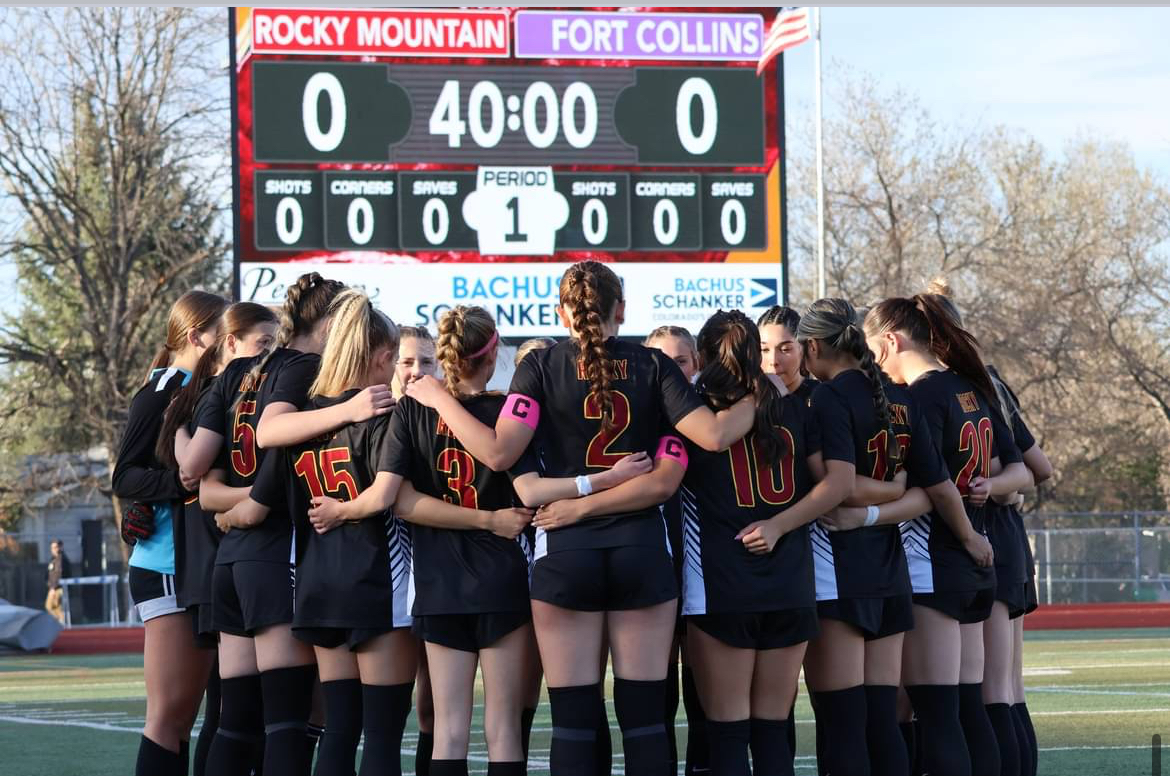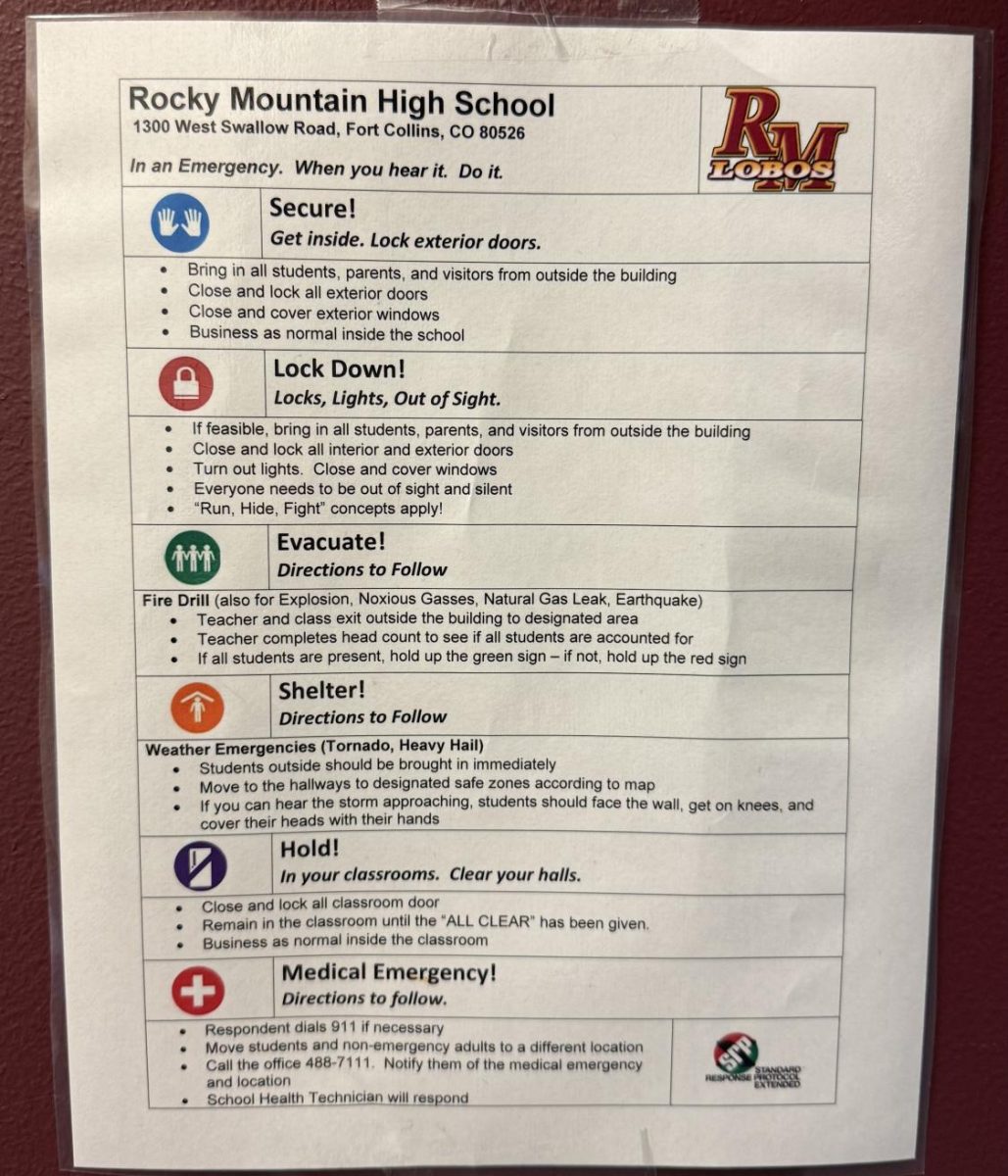When people talk about sports, the first thing that comes to mind is winning games, scoring points, and getting to the top, no matter what it costs you. Sports are supposed to be a happy place, a place that is your home away from home, and that’s true. However, what many people don’t realize is what also comes with being an athlete. The stress, the burnout, and the overwhelming anxiety of performance, especially in high school.
When people think of an athlete, they think of their performance, popularity, and statistics, rather than seeing them as a person who also has feelings, struggles, and stress. Nobody is talking about the mental health part that comes with sports; they overlook it. They are seen as entertainers rather than humans.
There is so much more that athletes deal with than just driving to practice. For me, the stress was the recruiting process, performing well enough at practice, league games, and showcases just to prove to college coaches, my own coach, and teammates that I am good enough. Every game feels like it matters more than the last. And because of roster cuts, there’s always that pressure of “What if I don’t make this weekend’s roster?” “Was I good enough today?” It felt like there was no room for mistakes.
On top of that, I’m still a full-time student in high school. Homework, tests, assignments, essays; they all add up with practices and games. Because I was on an ECNL team in Denver, I had to drive two hours for practices three times a week. That’s four hours there and back, on top of the actual practice itself.
That’s when burnout really hit me. I was tired all the time, and the stress of trying to keep up with school, my performance, the recruiting process, and making sure I was pleasing coaches and teammates made me feel like I was drowning. I started falling out of love with the sport that had been my home away from home. There were moments when I really thought about giving up. It got to a point where I wasn’t even sure I wanted to play in college anymore because I didn’t feel good enough; it felt like I wasn’t even playing for myself anymore. I was playing to please everyone else.
I believe that one of the hardest parts is that athletes often feel like they can’t admit when they’re shutting down. You’re told to “push through” and “work hard and be strong,” so admitting to yourself that you feel anxious or depressed can even feel like a weakness. But it’s not a weakness; it’s okay to not be okay. Ignoring the mental health part of the sport can be like an injury. If you keep playing on a sprained ankle, it gets worse. The same goes for your mind.
I talked to a baseball player here at Rocky, Blaine Canfield, about how mental health affects him as an athlete. He was honest about the challenges and told me, “With baseball, staying in the present and not thinking a lot about the future or the past is a big part for me. I do a lot of meditation before games, just to help me make sure I don’t think about the outcome of the game and focus on the present.”
Blaine also explained to me that a lot of athletes struggle with the pressure they put on themselves and how it affects them, even outside of their sport.
“The balance of sports in schools is pretty hard, especially with the schedule I have in a day. Making sure I get the stuff I need for baseball, like food and work for the sport, but also making sure I have time for schoolwork. I’d say it’s pretty hard if you’re not very prepared for that,” Blaine said.
The pressure to perform, the need to stay balanced, and the stress of school all add more weight to your shoulders. Blaine’s experience is proof that athletes aren’t just battling opponents on the field, but also their own thoughts and emotions off of it. And the truth is, a lot of student athletes feel the same way Blaine and I do, even if they don’t always talk about it.
When an athlete isn’t doing too well mentally, it shows in their game. Stress and anxiety can make it hard to focus and can even drop your confidence. Small mistakes feel like the end of the world, and that only adds more pressure and makes your mentality worse. Some athletes even end up doubting themselves so much that they play scared, and that can completely change their performance.
For a lot of teenagers, constant stress and pressure lead to a lack of motivation and even problems with grades. When you’re overwhelmed, it’s hard to focus in class, finish homework, or even enjoy time with friends because all that your mind is filled with is stress.
At the end of the day, yes, winning games is amazing. Scoring points, goals, and hearing your friends, teammates, and family is perfect. But none of that matters if athletes are struggling mentally. A medal or trophy can’t fix burnout. A championship win doesn’t make stress disappear. What really matters is making sure athletes feel supported and heard. Not just as players or entertainment. If we want athletes to perform their best, we need to take care of their minds, them as a person, just as much as their bodies. There is way more to sports than just winning games.
















Lance Hulsing • Sep 24, 2025 at 9:57 am
I love this article Alicyn! It’s very relatable and brings attention to this issue